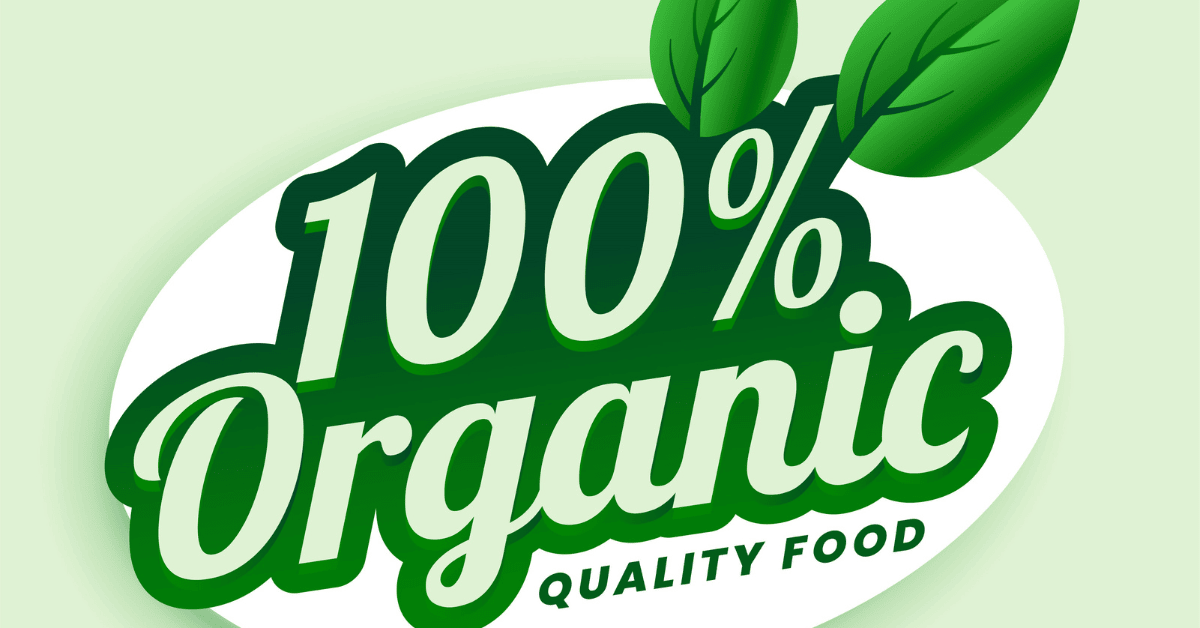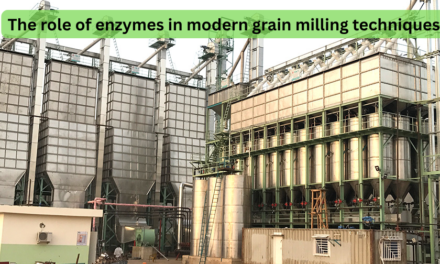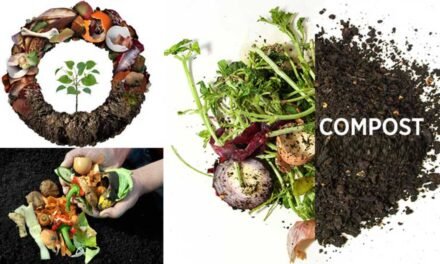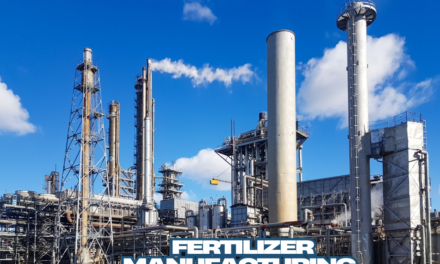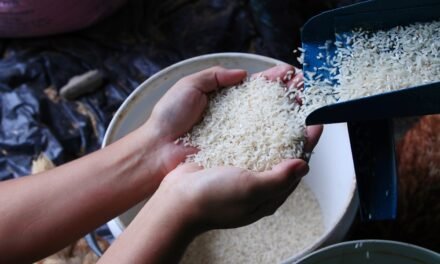Consumer demand for sustainable and organic products is having a growing influence on the agricultural manufacturing industry. As consumers become more aware of environmental, ethical, and health concerns, manufacturers are adapting to meet these preferences. Here’s how this shift is shaping the industry:
1. Increased Production of Organic Products
- Organic Farming Practices: As demand for organic products rises, manufacturers are increasingly sourcing raw materials from organic farms, which use fewer synthetic chemicals, fertilizers, and pesticides. This shift will likely encourage more producers to transition to organic farming to meet market demand, impacting the entire supply chain from farm to final product.
- Certification and Standards: The growing demand for organic products is also driving the adoption of certification programs and stricter quality standards. Agricultural manufacturers must adhere to these standards, which might involve changes in farming practices, product handling, and traceability to ensure compliance with organic certification regulations.
2. Sustainable Sourcing and Supply Chains
- Eco-Friendly Packaging: Consumers are pushing for sustainable packaging solutions, such as recyclable, biodegradable, or reusable materials. Agricultural manufacturers are increasingly adopting environmentally friendly packaging to reduce their environmental impact, which may involve shifting from plastic to alternatives like glass, paper, or plant-based materials.
- Local Sourcing and Shorter Supply Chains: There’s a growing trend towards local sourcing to reduce the carbon footprint associated with long supply chains. Manufacturers are exploring more localized sourcing of raw materials, which not only supports sustainability goals but also appeals to consumers who are seeking products that have a smaller environmental impact.
- Fair Trade and Ethical Practices: Consumers are also demanding transparency in the sourcing of agricultural products. This includes ensuring that the products are sourced ethically, with fair treatment of workers, and that they support sustainable farming practices. Manufacturers may have to adopt more ethical sourcing practices and ensure fair wages, improved working conditions, and sustainable agricultural practices.
3. Innovation in Sustainable Agricultural Practices
- Precision Agriculture: The rise of technologies such as precision farming, which uses data analytics, sensors, and GPS, helps farmers optimize resource use (water, fertilizers, pesticides) and reduce waste. This can lead to more sustainable farming practices, benefiting the entire agricultural supply chain.
- Regenerative Agriculture: Consumers are increasingly supporting regenerative farming practices, which focus on restoring soil health, increasing biodiversity, and capturing carbon from the atmosphere. Agricultural manufacturers may need to support and encourage these practices to meet demand for environmentally friendly products.
- Reduced Use of Chemicals: The demand for chemical-free, non-GMO, and organic products is encouraging manufacturers to invest in sustainable agricultural inputs, such as organic fertilizers, pest control methods, and non-GMO seeds. This shift away from synthetic chemicals can reduce the environmental impact of food production.
4. Improved Product Transparency and Labeling
- Clearer Labeling: Consumers want to know where their food comes from, how it was grown, and what impact it has on the environment. Agricultural manufacturers are increasingly focusing on transparent labeling that highlights the sustainability and organic credentials of their products. Certifications like USDA Organic, Fair Trade, and Non-GMO Project Verified are gaining importance.
- Blockchain for Traceability: To meet the demand for greater transparency, manufacturers are adopting blockchain technology to track products from farm to table. This ensures that consumers can trace the origin of their food and verify claims related to sustainability, organic practices, and ethical sourcing.
5. Adoption of Circular Economy Models
- Waste Reduction: The agricultural industry is moving towards a circular economy model, where waste is minimized, and by-products are reused or recycled. For example, agricultural waste can be turned into bioenergy, compost, or animal feed, which supports sustainability. Manufacturers are implementing circular practices to reduce their environmental footprint and meet consumer demand for responsible production methods.
- Food Waste Reduction: As consumers increasingly demand sustainable solutions, there is a push towards reducing food waste. Agricultural manufacturers are developing more efficient ways to process and preserve food, such as through innovative packaging or shelf-life extension methods. Manufacturers are also exploring ways to use surplus food as inputs for other products, reducing waste.
6. Health and Nutritional Focus
- Clean Labels and Minimal Processing: In response to consumer demand for healthier and more natural products, agricultural manufacturers are focusing on clean labels, which avoid artificial additives, preservatives, and chemicals. This shift aligns with the demand for organic and sustainably produced foods that are perceived as healthier.
- Nutritional Enhancements: Some manufacturers are incorporating functional ingredients into their products to promote health benefits, such as plant-based proteins, probiotics, and other nutrient-dense additives. As consumers seek out foods that support better health, manufacturers may increasingly cater to these preferences by offering products with added nutritional value.
7. Sustainability as a Competitive Advantage
- Consumer Loyalty: As sustainability becomes a key purchase driver, agricultural manufacturers that prioritize eco-friendly practices, ethical sourcing, and organic production can build strong brand loyalty. Companies that fail to meet these consumer expectations may lose market share to competitors who offer more sustainable options.
- Corporate Social Responsibility (CSR): Brands are focusing more on CSR initiatives, such as reducing carbon emissions, investing in renewable energy, and supporting sustainable agriculture. These efforts help brands build trust with consumers who are concerned about the environmental and social impacts of their food choices.
8. Economic and Policy Influences
- Government Regulations and Subsidies: Many governments are introducing policies to promote organic farming and sustainability in agriculture, including subsidies, tax breaks, or financial incentives for farmers who adopt sustainable practices. These policies can influence manufacturers by making sustainable practices more financially viable.
- Rising Costs of Conventional Farming: As the environmental costs of conventional farming become more evident, the economic feasibility of organic and sustainable agricultural production will improve, encouraging wider adoption of these practices in response to consumer demand.

